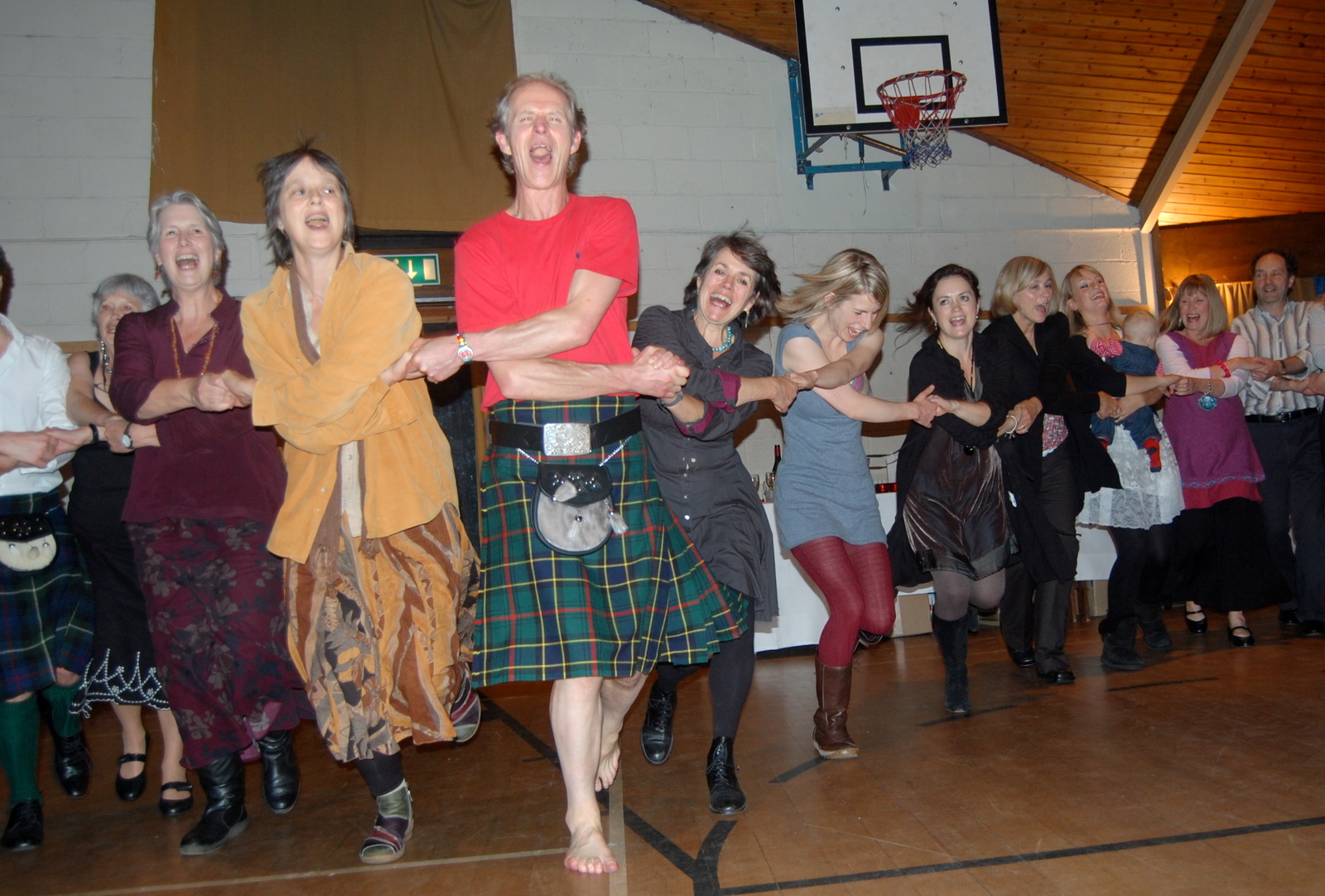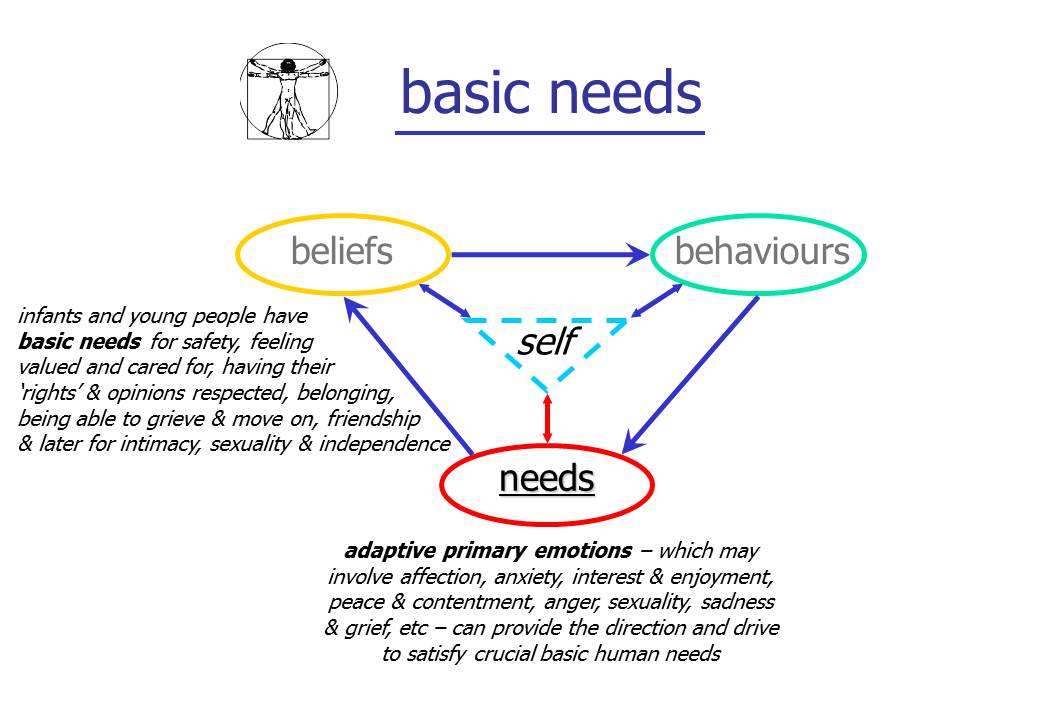Personal social networks (2nd post): the sympathy group & the full active network
Last updated on 24th April 2018
I recently wrote a blog post on "Personal social networks (1st post): Dunbar's 5-15-50-150 model". I emphasised the huge importance of our social networks for improving life expectancy, protecting against psychological disorders, and boosting our happiness & wellbeing. What's not to like?! I went on to introduce Robin Dunbar's work and his layered model of personal social network structure. I then talked about the key inner support clique layer. Outside the support clique is the sympathy group or - stated possibly less awkwardly - outside our very closest relationships we have a layer of close relationships.


